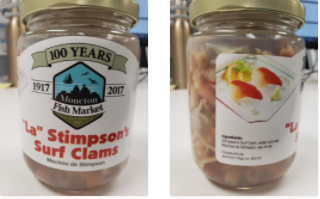The UK Food Standards Agency (“FSA”) reports that BakeAway (Wasall, West Midlands) recalled Aldi, Asda, by Sainsbury’s, Galberts, Morrisons, Pizza Express, Tesco Finest, Tesco Pizza Pizza Dough, Rolls and/or Pastry Dough from the British marketplace due to Salmonella contamination. According to the company Salmonella was has been detected in 16 products. @ https://www.food.gov.uk/news-alerts/alert/fsa-prin-02-2022




